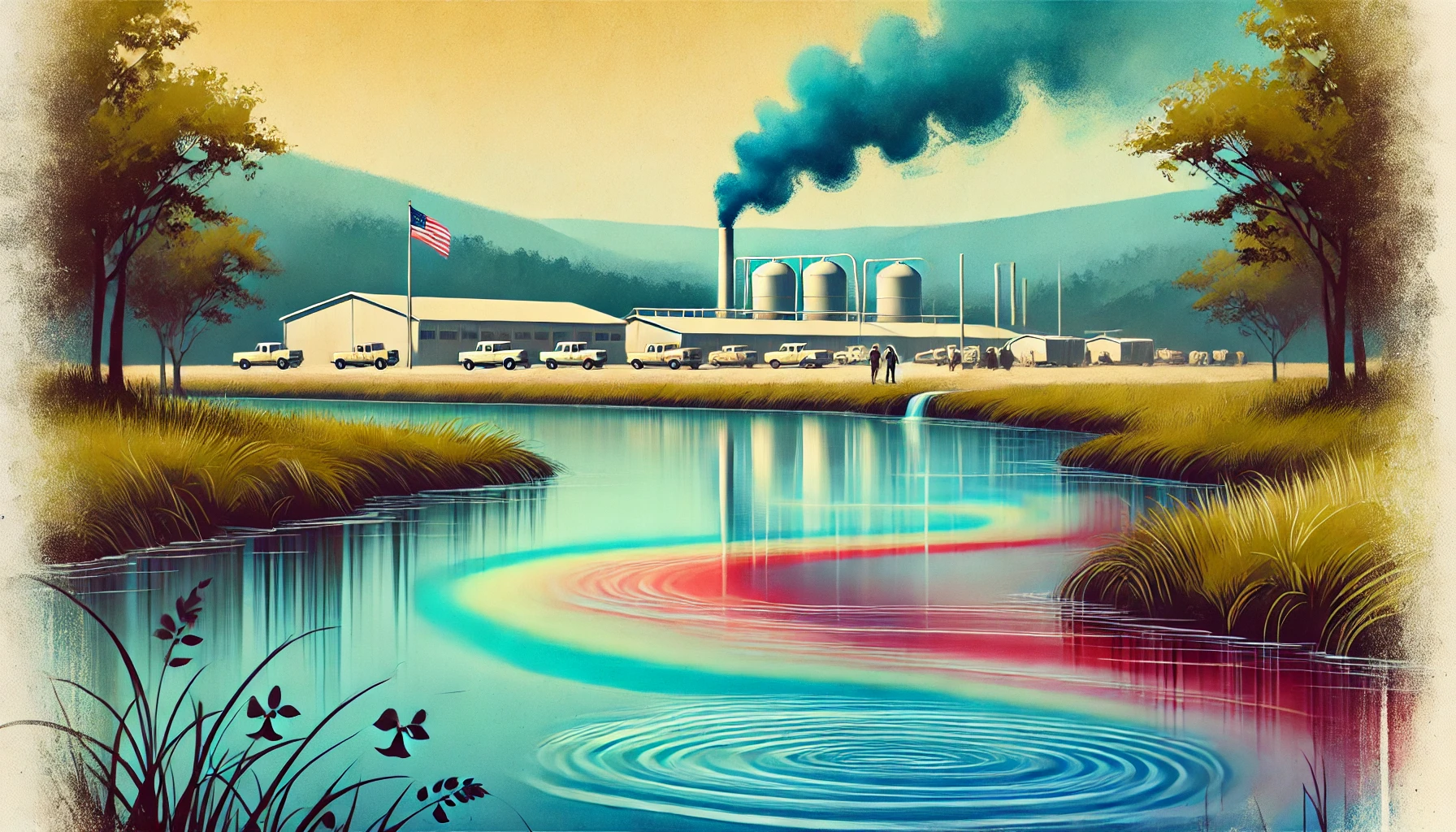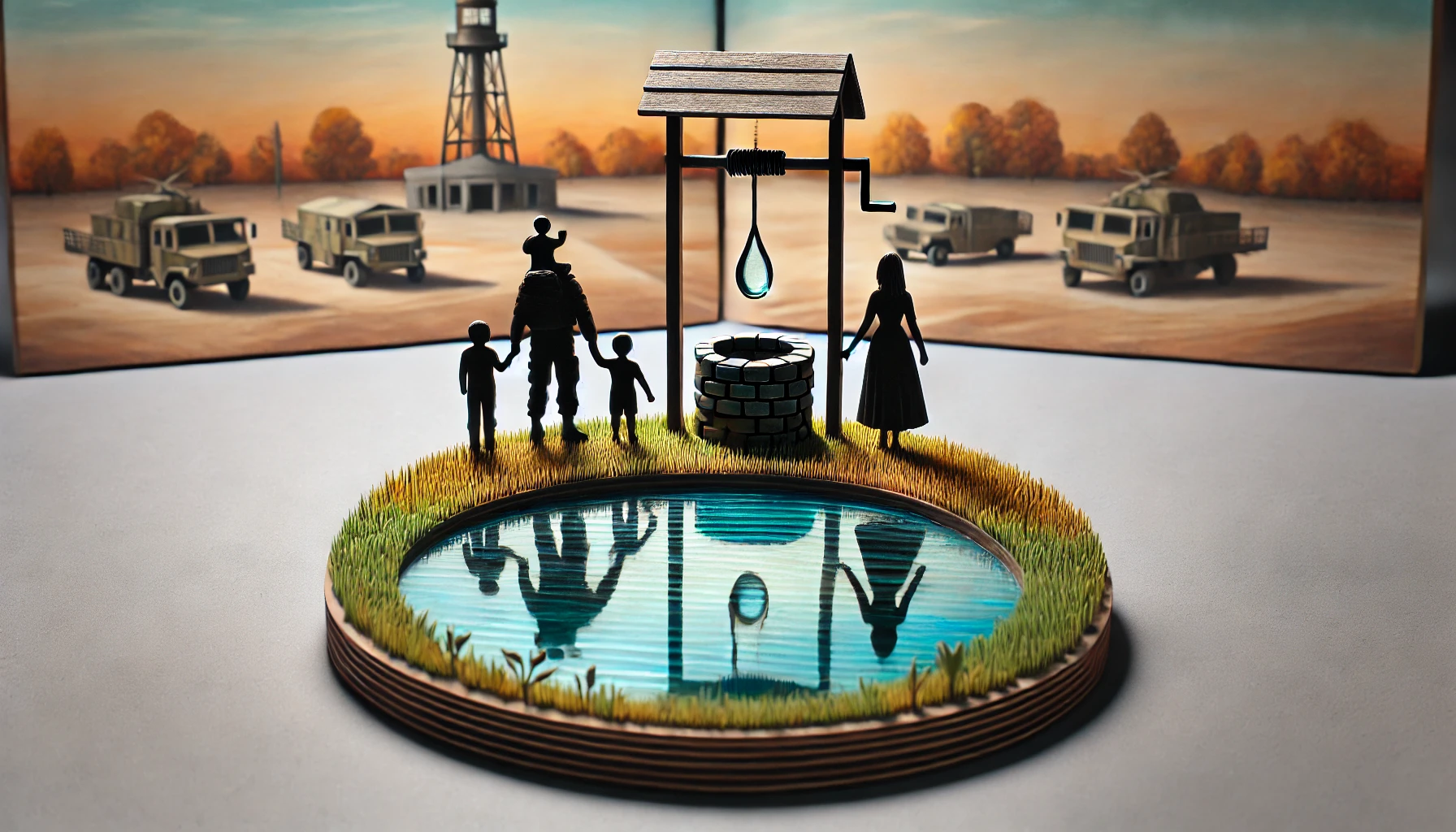The Camp Lejeune water contamination lawsuit is an important legal battle for many individuals and families who were affected by toxic water at the U.S. Marine Corps base in North Carolina. The issue of water contamination at Camp Lejeune, which lasted for over three decades, has caused numerous health issues for those who lived, worked, or served at the base. For those seeking compensation, an important question arises: when will the Camp Lejeune lawsuit be settled? In this article, we will take a deep dive into the settlement timeline for these lawsuits, explain the process, and identify the factors that could affect how long it will take to receive compensation.
When Will the Camp Lejeune Lawsuit Be Settled?
The timeline for settling the Camp Lejeune lawsuit varies depending on the method of resolution and the specifics of each case. Claimants have two main options for seeking compensation: the Elective Option and the Litigation Process.
The Elective Option, introduced in 2023, allows claimants to receive fixed compensation amounts for certain illnesses linked to water contamination at Camp Lejeune. This route is designed for faster processing, and settlements under this option typically take a few months. For eligible individuals who opt for this approach, it’s the quickest way to receive compensation.
For those who pursue the Litigation Process, the timeline is longer. These cases involve filing lawsuits in court, where a judge hears evidence and makes a decision on compensation. Trials are expected to begin in 2024, and the entire process may take 1–2 years or more, depending on the complexity of the case and court schedules. While this route takes more time, it may result in higher compensation amounts.
Several factors influence how quickly a case is settled, including the volume of claims filed, the completeness of documentation, and the time needed for legal procedures. To expedite the process, claimants are encouraged to provide thorough evidence, such as proof of residence at Camp Lejeune during the contamination period and medical records linking their illness to the toxic water.
The deadline for filing claims under the Camp Lejeune Justice Act is August 10, 2024, making it crucial for affected individuals to act quickly. While timelines vary, both options aim to provide justice and financial support to those impacted by the water contamination.
Background on the Camp Lejeune Lawsuit
From 1953 to 1987, the water supply at Camp Lejeune was contaminated with hazardous chemicals, including trichloroethylene (TCE) and perchloroethylene (PCE), both of which are known carcinogens. The contamination affected thousands of military personnel, their families, and civilian workers who lived and worked at the base. These chemicals are linked to several serious health issues, including cancer, birth defects, and neurological problems.
For years, those affected by the water contamination struggled to gain recognition of their health issues, as they were unaware of the hazardous water conditions at the time. However, with the passage of the Camp Lejeune Justice Act of 2022, individuals who were exposed to the toxic water are now able to file lawsuits seeking compensation for their health issues and other related damages.
Settlement Process Overview
When it comes to settling Camp Lejeune lawsuits, there are two primary ways that claimants can seek compensation: the Elective Option and the Litigation Process.
Elective Option (Fixed Compensation)
The Elective Option provides a more streamlined process for individuals who meet specific eligibility criteria. In this process, claimants who have certain medical conditions related to the water contamination can opt for a fixed compensation amount. This option is designed to speed up the settlement process and provide quicker compensation to those who qualify. The key benefit is that claimants can often expect to receive their compensation within a few months.
Litigation Process (Court Trials)
Not all claimants may be eligible for the Elective Option, and some individuals may choose to pursue a lawsuit through the court system. In the litigation process, claimants file a lawsuit against the federal government, and their case will be heard in court. This process can take a much longer time, as it involves more detailed legal proceedings and often the presentation of evidence in court. For claimants who pursue litigation, compensation amounts may be higher, but the wait time for resolution is typically much longer than through the Elective Option.
Factors Affecting the Settlement Timeline
There are several factors that can affect how long it will take to settle a Camp Lejeune lawsuit. Some of the most important factors include:
Volume of Claims
Thousands of claims have been filed under the Camp Lejeune Justice Act, and the sheer volume of claims is one of the main reasons why the settlement process may take time. With so many affected individuals seeking compensation, the legal system is processing a large number of claims, which can lead to delays.
Gathering of Evidence
In order to qualify for compensation, claimants must provide evidence that they were exposed to the contaminated water and that their illness is linked to that exposure. This can involve medical records, residency records, and other forms of proof. Some claimants may have trouble locating this evidence, especially since the contamination occurred many years ago, which can add more time to the process.
Government and Legal Procedures
The federal government plays a significant role in the settlement process, and it has to approve claims for compensation. Additionally, courts have their own procedures for hearing cases, which can add more time to the process. As with any legal procedure, the steps involved in the settlement process can take time, especially if there are many cases to be processed.
Current Timeline Updates
Elective Option Settlements
For those who qualify for the Elective Option, the settlement process is much quicker. The first settlements under the Elective Option began in October 2023. Individuals who meet the specific criteria related to their illnesses and exposure to contaminated water can expect compensation within just a few months. This option is ideal for claimants who are looking for a faster resolution.
Litigation Process Settlements
For those who choose to go through litigation, the timeline is much longer. Trials for these cases are expected to begin in 2024, and legal experts predict that the full process could take 1 to 2 years or more. This is because litigation involves a more complicated process, with evidence presented in court, potential appeals, and other legal steps that can prolong the settlement process.
What Claimants Can Expect
For individuals who are waiting for their Camp Lejeune lawsuit to be settled, it’s important to understand what they can expect:
For those who qualify for the Elective Option
These claimants may receive compensation in just a few months, depending on how quickly their case is processed. This is the fastest way to get compensation, but only those who meet the specific medical criteria are eligible.
For those pursuing litigation
Claimants who opt for or are required to pursue a lawsuit in court should be prepared for a longer waiting period. Cases in litigation could take 1 to 2 years or more to reach a settlement. This process involves more legal steps, including court hearings and the gathering of additional evidence, which can extend the timeline.
Delays
It’s important to note that delays can occur for a variety of reasons. If claimants don’t submit all the required documentation or if there are disputes over eligibility, the process can be delayed. Legal experts recommend that claimants submit all necessary paperwork as early as possible to avoid such delays.
Steps to Expedite a Claim
There are steps that claimants can take to help expedite their claim and increase their chances of receiving compensation quickly:
- Provide Complete Documentation: One of the most important things claimants can do is submit complete documentation. This includes medical records that link their illnesses to the contaminated water, as well as proof that they lived or worked at Camp Lejeune during the period of contamination.
- Consider the Elective Option: If eligible, the Elective Option is the quickest way to get compensation. Claimants should review the criteria to see if they qualify and consider choosing this option to expedite the settlement process.
- Seek Legal Help: Navigating the legal system can be complicated, especially when it comes to such a large-scale case like the Camp Lejeune lawsuits. Seeking legal assistance from experienced attorneys can help ensure that the claim is processed as quickly as possible.
Deadline for Filing Claims
The Camp Lejeune Justice Act has a deadline for filing claims, which is set for August 10, 2024. This is an important date for anyone who believes they are eligible for compensation. After this deadline, claimants may no longer be able to pursue compensation related to the water contamination at Camp Lejeune. It is critical for those affected to submit their claims before the deadline in order to secure their right to compensation.
Conclusion
The timeline for settling Camp Lejeune lawsuits can vary significantly depending on whether claimants choose the Elective Option or pursue litigation. While the Elective Option offers a faster route to compensation, it is only available to those who meet specific criteria, and litigation cases can take several years to resolve. Claimants can help expedite their claims by submitting complete documentation and seeking legal advice. With a deadline of August 2024 for filing claims, it is important for affected individuals to act quickly to ensure they are eligible for compensation. While the process may take time, the legal system is working to provide justice for those who have suffered due to the toxic water at Camp Lejeune.
FAQs
What illnesses qualify for Camp Lejeune compensation?
Illnesses like cancers (bladder, kidney, liver), Parkinson’s disease, and other conditions linked to water contamination qualify.
How long does it take to settle through the Elective Option?
Elective Option settlements typically take a few months for eligible claimants.
What is the average payout for Camp Lejeune claims?
Payouts vary widely, but estimates range from $100,000 to $250,000, depending on illness severity and exposure.
Can family members of veterans file a claim?
Yes, family members exposed at Camp Lejeune during the contamination period can also file claims.
What happens if I miss the August 2024 deadline?
Missing the deadline may disqualify you from filing a claim or receiving compensation.
Article Recommendations
ATT Data Breach 2024 Lawsuit: How Millions of Customers Were Affected and What’s Next
Lifewave Lawsuit: How the Case is Reshaping Wellness Industry Standards
Arias Agencies Lawsuit: Financial Ramifications and Lessons for Businesses





